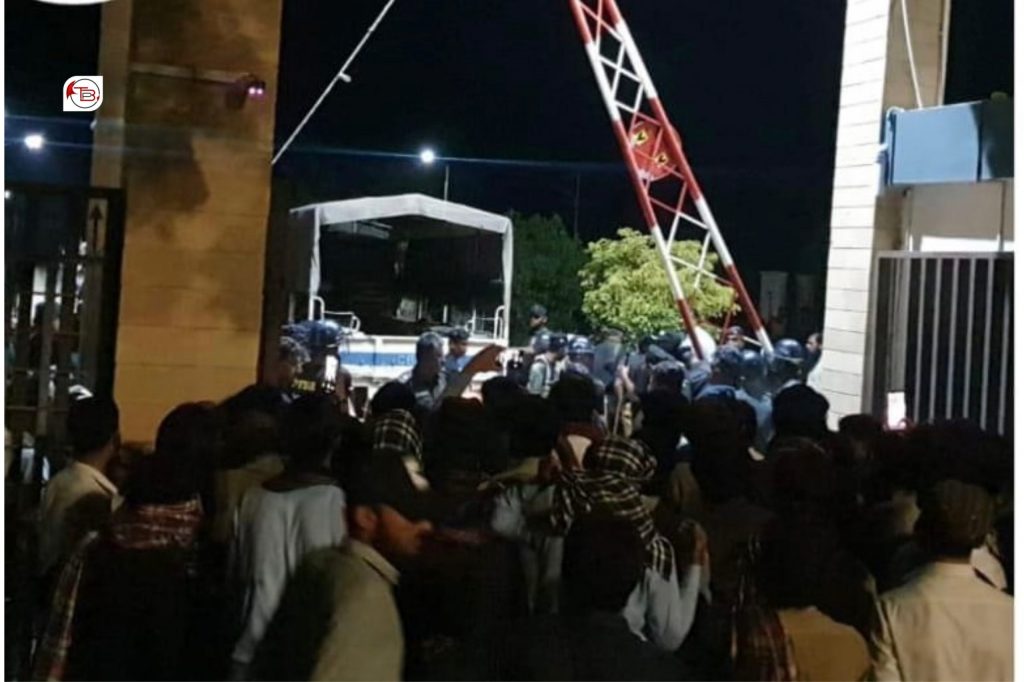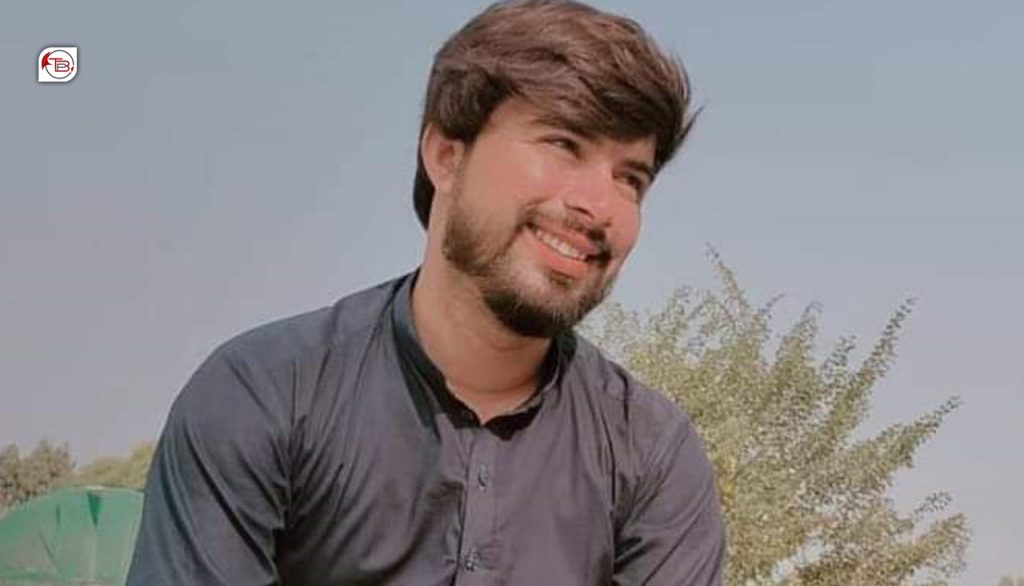Recent events at Balochistan’s universities have escalated significantly, with student protests leading to clashes with police, administrative shutdowns, and the alarming forced disappearance of a student.
At Uthal University, a protest initiated by Baloch students on Thursday resulted in the university administration calling in heavy police forces. The ensuing clashes led to the arrest of over 50 students, who were then transferred to a police station. In response to the protests, the Registrar of Lasbela University of Agriculture, Water, and Marine Sciences (LUAWMS) Uthal issued a notification stating that the university would remain closed until further notice. All students were instructed to vacate the hostels by the morning of Friday, November 17.

The central spokesperson for the Baloch Students Organization (BSO) condemned the police action against the students. They described the actions as “severe violence” and an “act of brutality” against unarmed protesters. The spokesperson criticized the decision to close the university and vacate hostels as an “authoritarian move to cover up administrative incompetence and corruption.”
In a press conference early on Friday, November 17, the students presented a Charter of Demands. These demands included the release of all arrested students, action against police officers and corrupt administration officials responsible for the violence, immediate acceptance of their academic demands (including trips, laptops, and scholarships), restoration of their right to protest, revocation of the university shutdown, and resumption of educational activities.
The situation at Uthal University further escalated with the reported abduction of a student named Samir Baloch from the protest camp, which was set up by the students. Armed individuals in two Vigo vehicles allegedly carried out this act, with fellow students claiming it was done by Pakistani forces. This incident intensified the protests, with students demanding the immediate recovery of Samir and holding the university administration accountable.

Meanwhile, in Turbat, the Baloch Students Action Committee (BSAC) organized a sit-in against the administration of Turbat University. The protest, which has continued for two days, was sparked by the administration’s actions, including preventing Professor Dr. Manzoor Baloch from participating in a student program and imposing restrictions on student-organized events. The protestors have vowed to continue until their demands are met, with senior BSAC leaders and other key figures staging the sit-in outside the university’s main gate.
The handling of journalists at Turbat University also drew criticism. The Turbat Press Club reported that journalists invited to cover the BSAC protest were forcefully and disrespectfully expelled from the premises by the university’s Registrar and a Pro Vice-Chancellor official. This incident led to a formal protest from the Press Club, which called for the Vice-Chancellor of Turbat University to address the behavior of these senior officials.
These incidents have highlighted the growing tensions in Balochistan’s higher education institutions. The clashes with law enforcement, administrative decisions to shut down universities, and the mistreatment of media personnel covering these events raise serious concerns about academic freedom, student rights, and the management of dissent within educational settings.






























